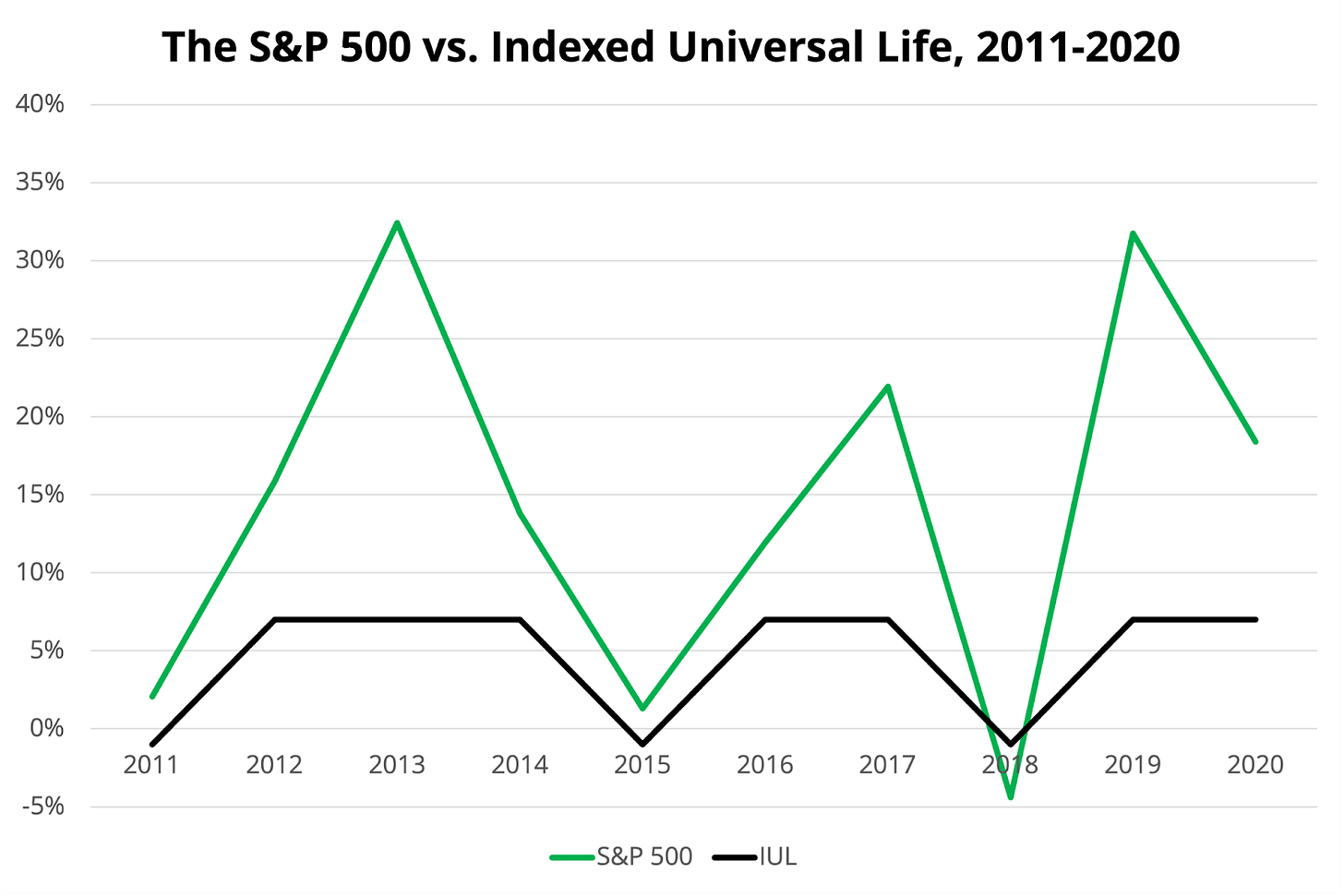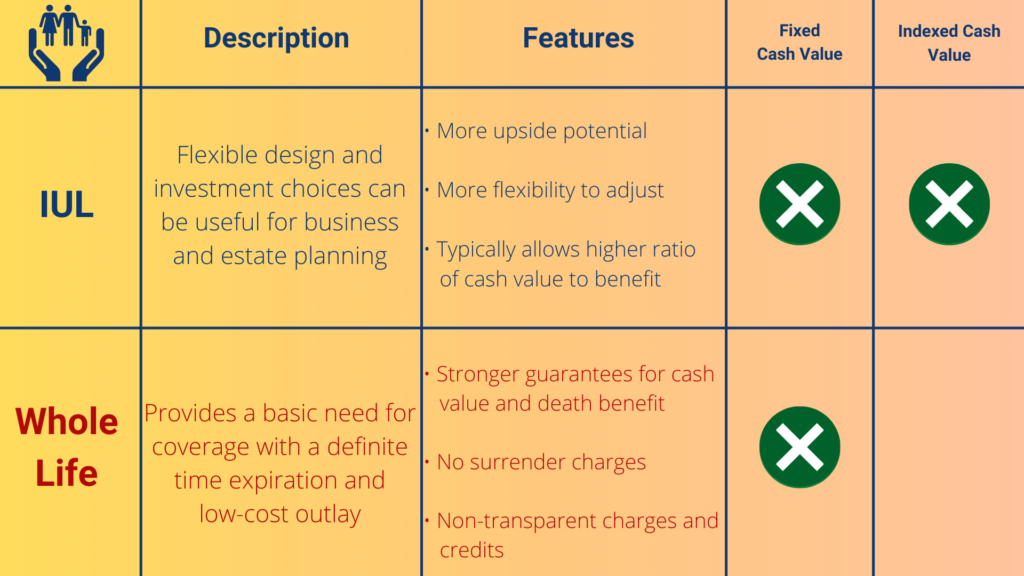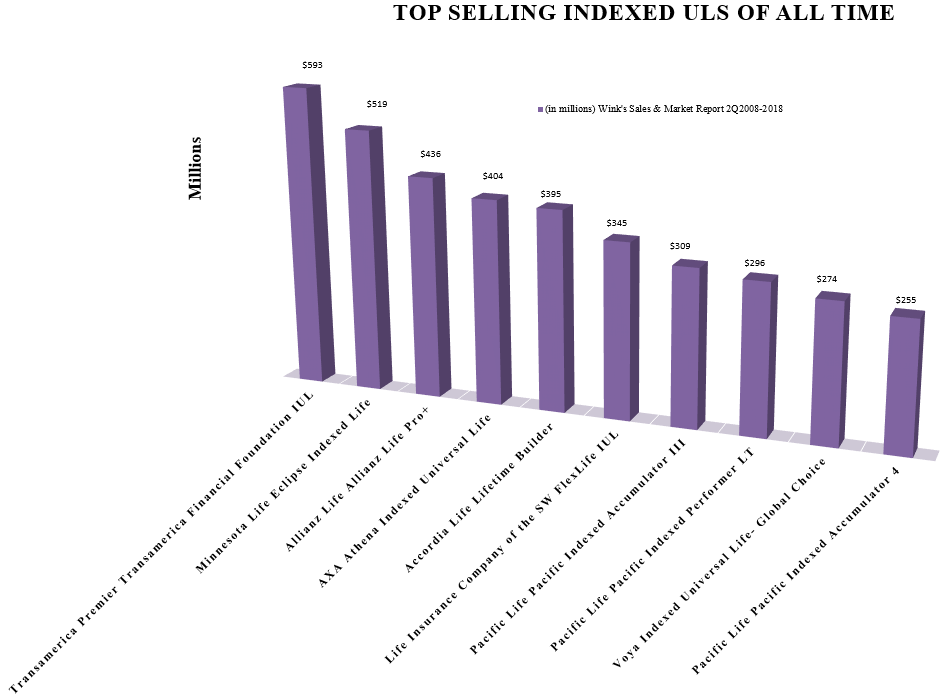All Categories
Featured
Table of Contents
Do they contrast the IUL to something like the Vanguard Total Amount Stock Market Fund Admiral Shares with no load, an expense proportion (EMERGENCY ROOM) of 5 basis factors, a turnover ratio of 4.3%, and an extraordinary tax-efficient document of circulations? No, they contrast it to some terrible proactively managed fund with an 8% load, a 2% EMERGENCY ROOM, an 80% turn over proportion, and a terrible record of temporary capital gain distributions.
Mutual funds typically make annual taxed distributions to fund owners, also when the worth of their fund has decreased in value. Common funds not just require revenue reporting (and the resulting annual taxation) when the shared fund is going up in value, however can likewise impose income taxes in a year when the fund has dropped in value.
You can tax-manage the fund, harvesting losses and gains in order to lessen taxable circulations to the capitalists, yet that isn't in some way going to change the reported return of the fund. The ownership of common funds may require the common fund proprietor to pay approximated taxes (insurance indexing).

IULs are very easy to place to ensure that, at the owner's death, the beneficiary is exempt to either income or inheritance tax. The exact same tax obligation reduction methods do not work nearly too with shared funds. There are countless, frequently expensive, tax obligation catches related to the moment trading of shared fund shares, traps that do not put on indexed life Insurance coverage.
Chances aren't very high that you're mosting likely to undergo the AMT as a result of your mutual fund distributions if you aren't without them. The remainder of this one is half-truths at finest. As an example, while it holds true that there is no earnings tax due to your heirs when they inherit the profits of your IUL plan, it is additionally true that there is no revenue tax because of your beneficiaries when they acquire a common fund in a taxed account from you.
Growth Life Insurance
The government inheritance tax exemption restriction is over $10 Million for a couple, and growing each year with rising cost of living. It's a non-issue for the substantial bulk of doctors, much less the remainder of America. There are better methods to avoid estate tax issues than buying financial investments with low returns. Shared funds might trigger income taxes of Social Protection advantages.

The development within the IUL is tax-deferred and may be taken as free of tax income through loans. The policy proprietor (vs. the common fund manager) is in control of his/her reportable revenue, therefore allowing them to minimize or perhaps get rid of the taxes of their Social Safety and security advantages. This set is fantastic.
Below's one more very little problem. It's real if you buy a common fund for state $10 per share right before the distribution date, and it distributes a $0.50 circulation, you are after that mosting likely to owe tax obligations (probably 7-10 cents per share) although that you haven't yet had any gains.
In the end, it's truly concerning the after-tax return, not how much you pay in taxes. You're additionally possibly going to have more cash after paying those tax obligations. The record-keeping needs for having mutual funds are considerably a lot more intricate.
With an IUL, one's documents are kept by the insurance policy firm, duplicates of yearly statements are sent by mail to the proprietor, and distributions (if any kind of) are completed and reported at year end. This set is also type of silly. Obviously you need to maintain your tax records in case of an audit.
S&p 500 Insurance Companies
Rarely a factor to acquire life insurance coverage. Shared funds are commonly part of a decedent's probated estate.
On top of that, they are subject to the hold-ups and expenditures of probate. The proceeds of the IUL plan, on the other hand, is always a non-probate circulation that passes outside of probate straight to one's named recipients, and is for that reason exempt to one's posthumous financial institutions, undesirable public disclosure, or similar delays and expenses.
Medicaid incompetency and life time income. An IUL can supply their proprietors with a stream of earnings for their whole life time, regardless of just how long they live.

This is valuable when organizing one's affairs, and converting assets to income before a retirement home confinement. Mutual funds can not be transformed in a comparable way, and are nearly constantly thought about countable Medicaid assets. This is one more silly one promoting that bad people (you understand, the ones that require Medicaid, a federal government program for the poor, to spend for their assisted living home) need to utilize IUL rather than common funds.
Universal Life Insurance Instant Quote
And life insurance policy looks dreadful when contrasted fairly versus a retirement account. Second, people that have money to buy IUL over and beyond their pension are going to need to be terrible at managing money in order to ever before receive Medicaid to spend for their assisted living facility costs.
Chronic and incurable illness biker. All plans will allow a proprietor's simple accessibility to cash money from their plan, commonly waiving any kind of abandonment penalties when such people suffer a severe ailment, need at-home care, or come to be restricted to a retirement home. Common funds do not offer a comparable waiver when contingent deferred sales costs still relate to a mutual fund account whose owner needs to sell some shares to fund the costs of such a stay.
Difference Between Whole Life Vs Universal Life
You get to pay even more for that benefit (rider) with an insurance coverage plan. Indexed universal life insurance offers death advantages to the beneficiaries of the IUL owners, and neither the owner neither the recipient can ever lose cash due to a down market.
Now, ask yourself, do you actually need or want a survivor benefit? I certainly don't need one after I get to monetary independence. Do I desire one? I suppose if it were affordable enough. Obviously, it isn't low-cost. On average, a purchaser of life insurance policy pays for truth cost of the life insurance policy advantage, plus the prices of the plan, plus the revenues of the insurance provider.
What Is Better Term Or Universal Life Insurance
I'm not entirely certain why Mr. Morais included the entire "you can't lose cash" once more below as it was covered fairly well in # 1. He simply intended to repeat the most effective marketing point for these things I intend. Once more, you don't lose small bucks, but you can lose genuine bucks, in addition to face major possibility price because of low returns.

An indexed global life insurance policy proprietor may exchange their plan for a completely different policy without triggering income taxes. A common fund owner can stagnate funds from one common fund firm to another without selling his shares at the previous (therefore causing a taxed event), and redeeming brand-new shares at the latter, usually based on sales fees at both.
While it holds true that you can trade one insurance plan for another, the reason that individuals do this is that the first one is such a terrible policy that also after purchasing a new one and undergoing the early, unfavorable return years, you'll still come out ahead. If they were marketed the appropriate policy the very first time, they shouldn't have any wish to ever before exchange it and undergo the very early, adverse return years again.
Latest Posts
Index Universal Life Insurance Companies
Best Equity Indexed Universal Life Insurance
Death Benefit Options Universal Life